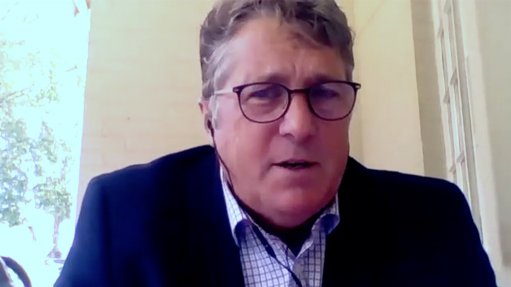
Brenthurst Foundation Director Greg Mills
Africa has received $1.2-trillion in development assistance since 1990. Even though donors have spent more than $1 000 per person over these 30 years, the average income of sub Saharan Africans has increased by just $350. The continent has very little to show for this money, some of which has been consumed by the donors themselves, much of it by local governments and elites. There must be a better way to address the poverty pandemic.
Expensive Poverty is focused on answering the trillion-dollar question: why have decades of spending had such a small impact on improving the lives of the poor? Whatever the area of aid expenditure – humanitarian, governance, military, development – the overall intention should be the same: to try to reach the point that aid is no longer necessary.
Expensive Poverty lays out how to get there.
ABOUT THE AUTHOR
Greg Mills is the director of the Johannesburg-based Brenthurst Foundation. During a career of research and advice spanning 40 African countries, he has emerged as among the foremost analysts of economic and political development on the African continent. He has been engaged as an adviser by some two dozen African governments, and he has extensive experience in other countries where aid has been major factor, serving as the head of the International Security Assistance Force’s Prism strategic analysis group in Afghanistan, and in detailed fieldwork assignments across Asia and Latin America.
Expensive Poverty: Why aid fails and how it can work is published by Pan Macmillan South Africa
Greg Mills teamed up with Ugandan politician and pop star Bobi Wine and Cape Town-based Robin Auld to create music that accompanies Expensive Poverty: Why aid fails and how it can work